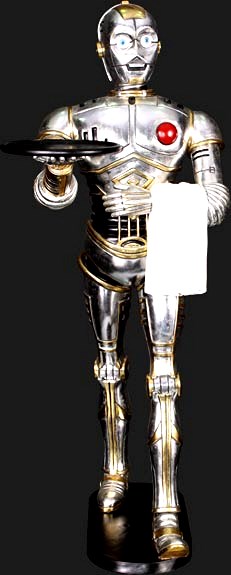
Trevor Todd was contacted by a local television station for the purpose of having an interview about the sudden “issue of the day “that was” Do you really need a special executor to protect your “digital afterlife, and who owns it after you die”?
A few television interviews were scheduled only to be canceled due to more pressing news such as a lost cat.
The issue seemed to disappear just as quickly as it had apparently become urgent.
I believe it started with the publication of a book entitled ” Your Digital Afterlife: When Facebook, Flickr and Twitter are your Estate, What is your Legacy? By John Romano and Evan Carroll.
One of the pressing points made by their book is to make sure that you name a digital executor to handle all of your digital assets.
The book apparently arose out of the personal experiences that the Romano family, whose close friend died leaving a robust online presence, only to find that estate litigation arose as to who owned the blogs, and whether or not they should be preserved ,as opposed to permanently removed from the Internet.
It would appear that the followers of hugely popular blogs feel that they have some form of legal interest in preserving the information contained therein.
I must admit that when I was asked,it simply reminded me of the first time lawyers realized that airline travel points were valuable, but were an asset that existed somewhere else other than in a physical form.
That was 20 years ago.
As one can well imagine, there is a wealth of such Internet content that is valuable in more ways than monetary.
In fact ,in this digital age, people are accumulating assets digitally, with no trace of physical evidence of these assets, when these assets have traditionally had a physical existence in past times.
For example, photos, businesses, newsletters, and bank statements all existed in the physical form that were taken care of with traditional filing.
With the advent of social media and the Internet, and the movement for paperless offices and homes, together with cloud technology, more and more of our personal belongings, businesses and personal lives are now shared on the Internet.
Many people manage their finances on the Internet, through Internet banking, by paying their bills, doing money transfers, and receiving statements all online.
In fact, an increasing number of people make their living off the Internet, through their websites and blogs.
The legal question is – what happens to all of these digital assets after a person passes away?
The answer like most legal answers is it depends.
in most situations, your digital assets are simply another form of assets that form part of your estate,that will be distributed through your will.
For the purpose of estate planning, is more important in the writer’s opinion, that one keeps backing up your data.,and and providing you your executor and power of attorney with printed copies of banking records and other such valuable documents,
That is more important ,and once done you can then consider whether you need to or not, appoint a specific person as digital executor and entrust that person with your digital assets upon your death.
Most of the large social media outfits have a policy with respect to digital assets, and sos in legal terms, it often comes down to a matter of contract between you and the service provider, as to who owns the content after death.
As disinherited.com understands it, Facebook’s new policy is to provide the following options:
1. You can make a request as a close family member or executor to Facebook to memorize the deceased person’s account so that only friends can see the profile and located in the search. The profile will remain active for friends to post memories and condolences;
2. You can make a request as a close family member or executor to Facebook to delete the user account, removing the profile and all associated content from Facebook so that nobody can view it.
3. You can also download the account contents of the deceased, if prior authorization in a will or court order is present.
As a practical matter of advice, unless you are almost a professional writer or a very serious blogger, or someone who derives their business income from the Internet, disinherited.com does not opine that you need a digital executor to protect your digital assets after your passing.
More importantly, the practical concern is that you provide your Internet identification and passwords to your executor so that he or she can determine your online life, and access financial records and the like.
Similarly one should also provide his or her power of attorney with the same identification number and passwords, in case you are incapacitated and unable to provide same




